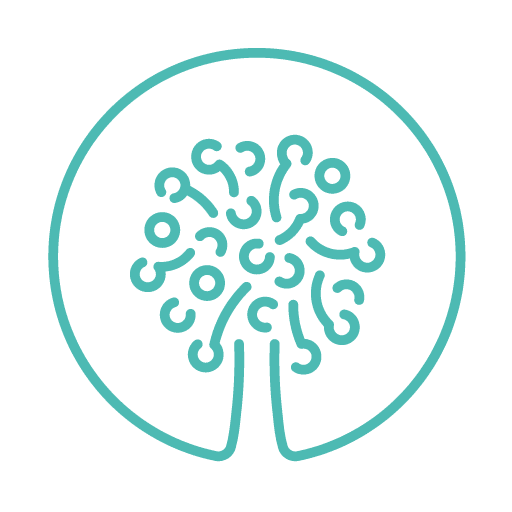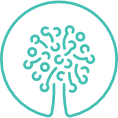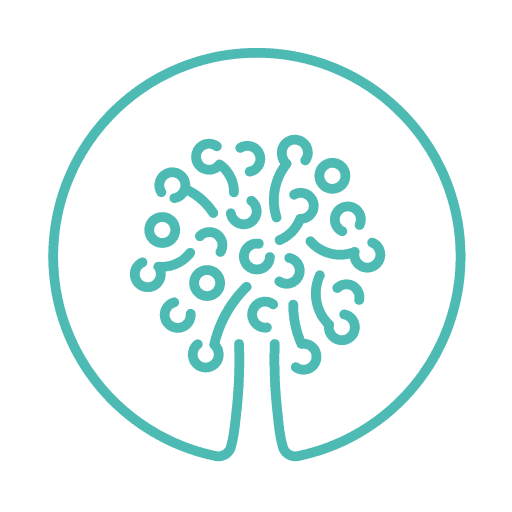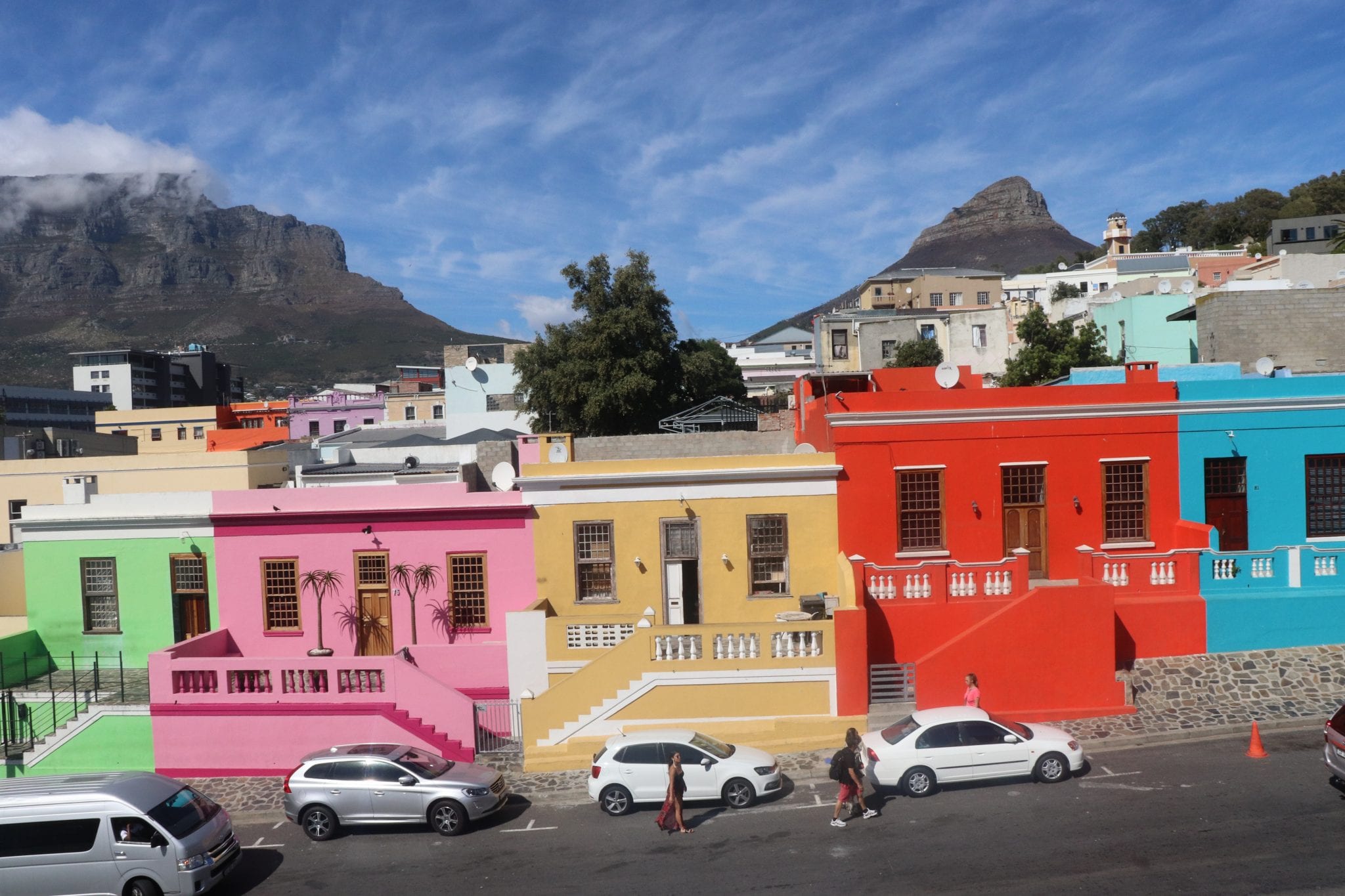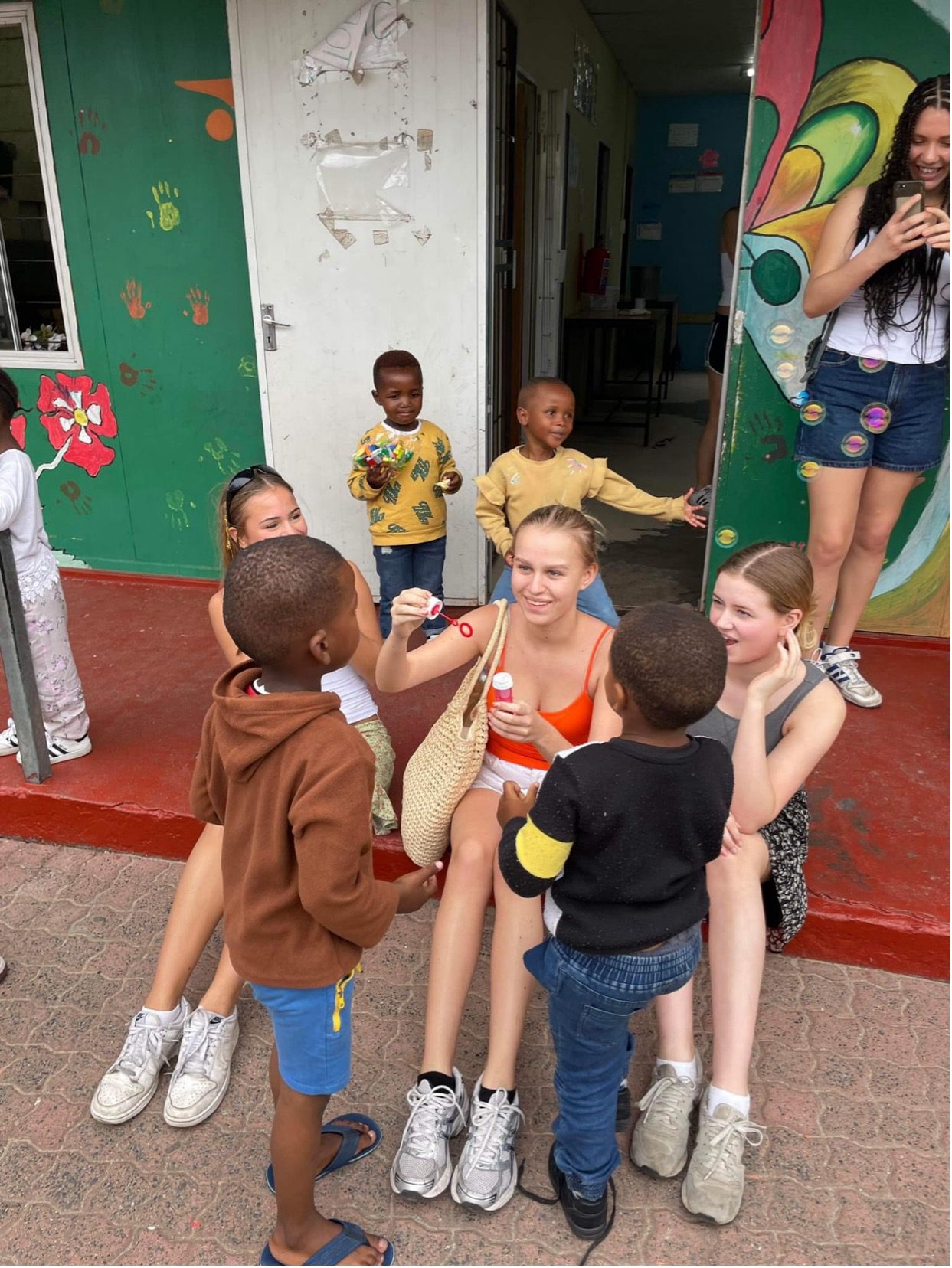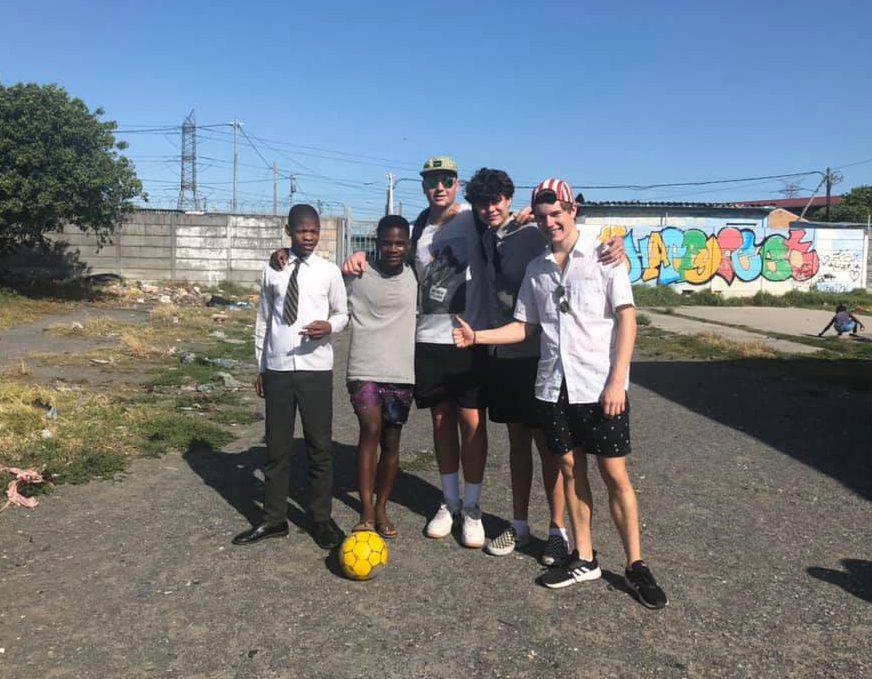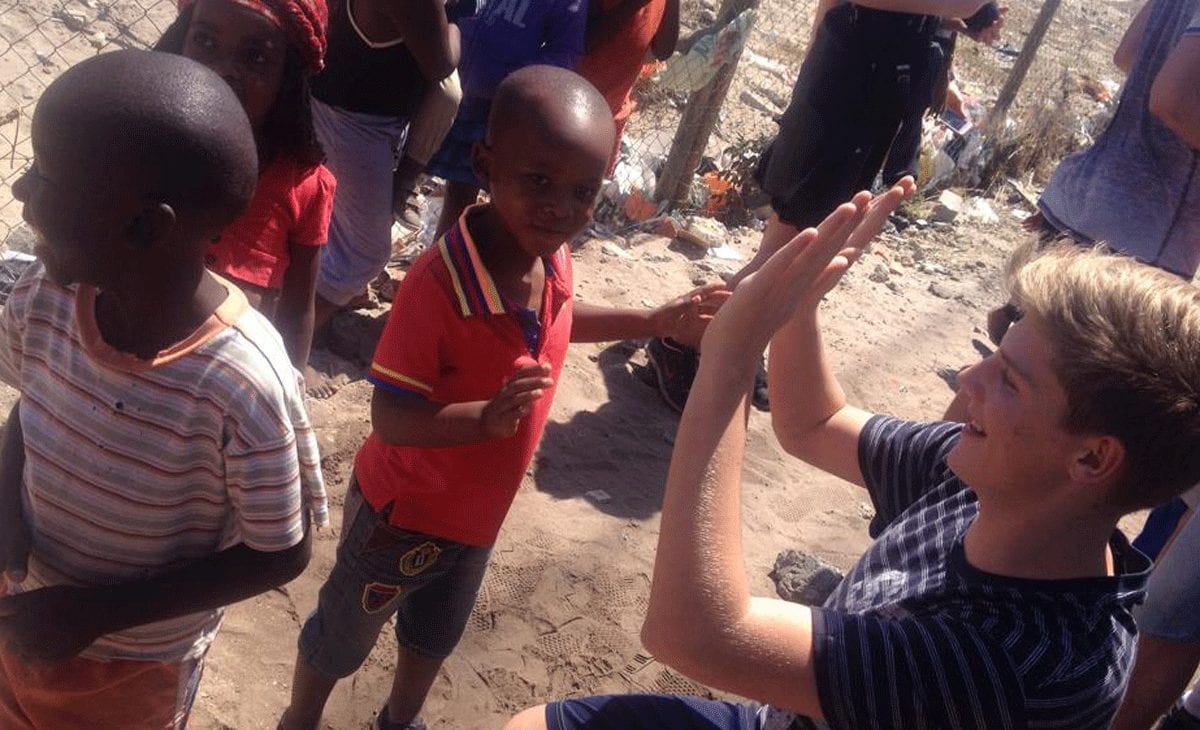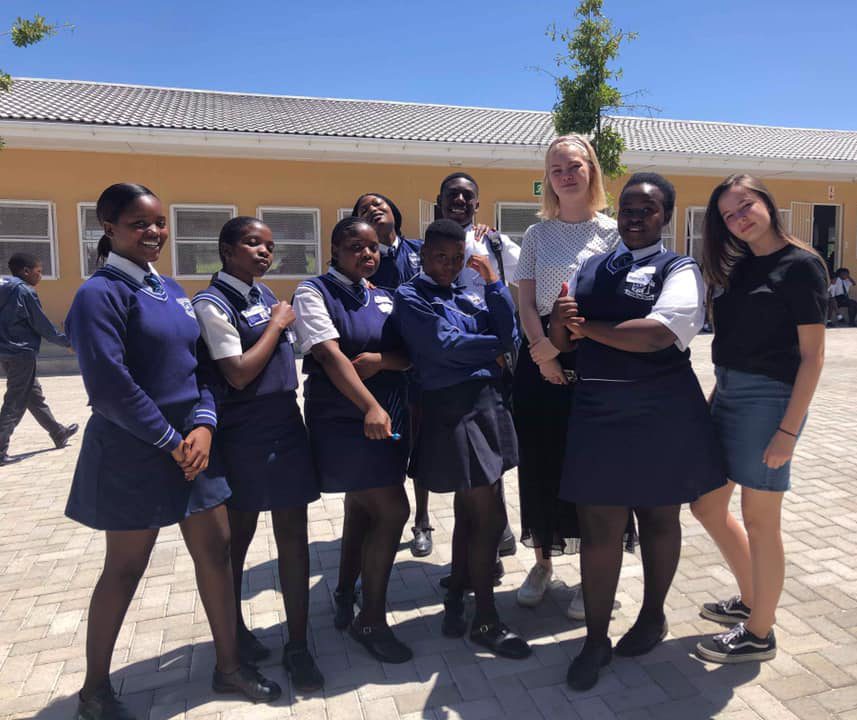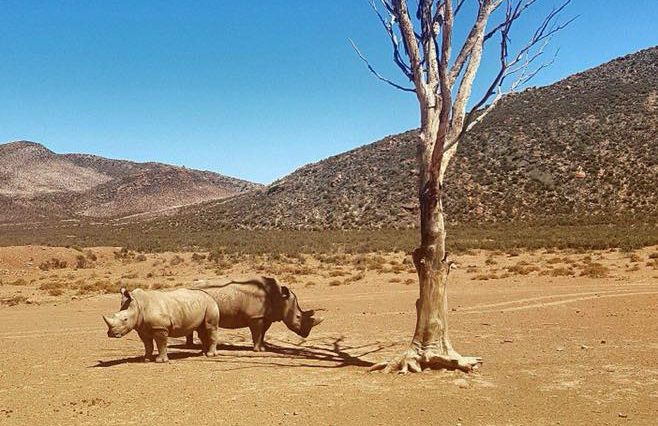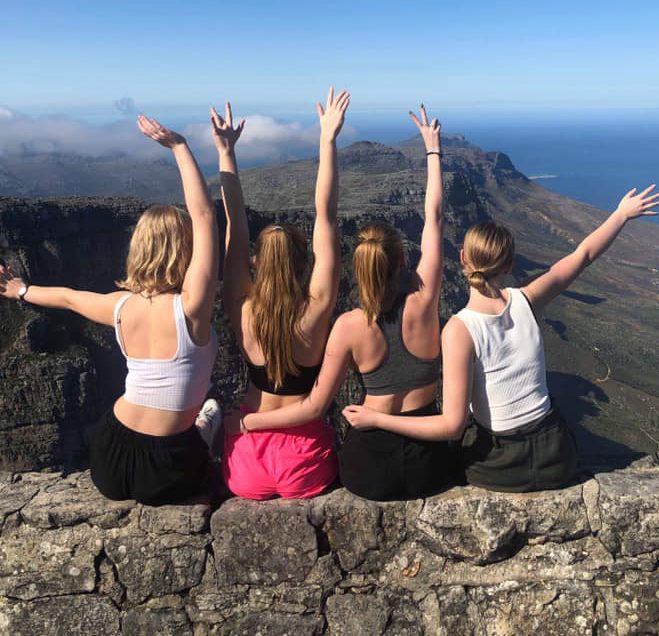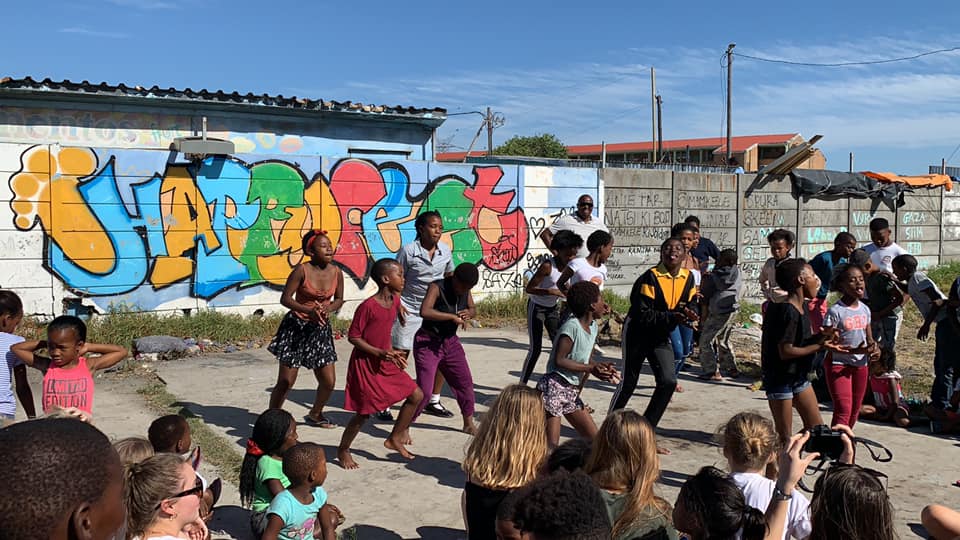
South Africa
Category
Culture SubjectsSouth Africa - Cape Town
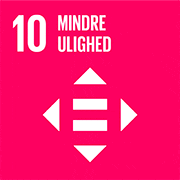

South Africa is a diverse country at the southern tip of Africa, known for its stunning landscapes, wildlife and cultural richness. It has a complex history marked by colonisation, apartheid and a long struggle for equality, where Nelson Mandela was a central figure. Today, South Africa is a democratic nation with a vibrant economy and a mix of modern cities and rural traditions.
This topic will have a multi-faceted focus where we will work with South African culture, nature, history, food, language and co-operation with a school in Cape Town. Under these topics we will of course work with apartheid, Nelson Mandela and social issues in South Africa.
Academic programmes
In South African Culture, learners are immersed in a course that emphasises cultural understanding, history and social awareness, helping them develop a deep understanding of South Africa's rich heritage. The course integrates subjects such as history, geography and social sciences to explore the legacy of apartheid, colonialism and the nation's transition to democracy. We will promote critical thinking about current issues of inequality and social cohesion while celebrating South Africa's cultural traditions. Learners will engage with South African art, music, food, film and indigenous people to understand how South Africans form a sense of national identity.
In South African Culture, we will be working with UN Sustainable Development Goals 10 and 16, which all students will be working with. We will explore the local and national challenges in South Africa and Cape Town and look at examples of local and national strategies and sustainability projects that have a positive impact on the lives of South Africans. During the class, we will also prepare for our trip to South Africa and cover practical aspects of the trip, such as packing lists, visas, etc.
TRAVEL
On our trip to Cape Town, South Africa, we will explore South African culture through various activities.
We will visit local historical sites such as Robben Island, where Nelson Mandela was imprisoned.
We will visit local food markets and taste all the different types of food that South Africa as an old colony has to offer.
We'll explore South Africa's natural beauty by trekking up Table Mountain, ziplining through the forests, swimming on Boulder Beach with a penguin colony and going on safari to learn about the protection of animals in the wild that are slowly disappearing.
We hope to visit and work with a local school in Cape Town. Here our students can have cultural encounters with young people and find out how they live and what it is like to be young in South Africa. It is expected that our students will present their life in Denmark to the local students.
In addition, students will work on sustainability projects that were discussed in the preparation lessons. These projects can be part of our school visits or our visits to charity projects in Langa Township in Cape Town. We will also visit local businesses, such as an ostrich farm.
VISA
A visa may be required for students with non-EU citizenship.
VACCINATIONS
Tetanus, Diphtheria, Hepatitis A
SAFETY
Security around the most common tourist attractions is relatively high and the vast majority of Danish/international travellers have a trouble-free stay in the country.
Before travelling, we make it clear that students should never go alone. All activities take place in groups. Walking alone is not allowed in the area. All walks are done together or in small groups at selected locations (e.g. Waterfront). Before travelling, we have provided each student with the hotel address and phone number. On tours around Cape Town, there is always one teacher walking in the front and one teacher walking in the back.
ECONOMY
Self-payment of 11,000 DKK
AFTER THE JOURNEY
Students will process and evaluate their experiences after returning home. This is an important part of the topic and journey as it strengthens students' global awareness by helping them articulate and understand their experiences. For example, students will work on the topic after the trip through presentations, photos, text, reflection questions and comparison of experiences with the preparatory studies.
TEACHERS
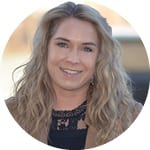 |
|
| Nanna Danaher nas@ranumefterskole.dk |


